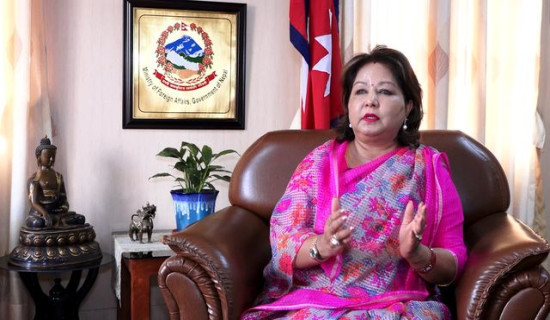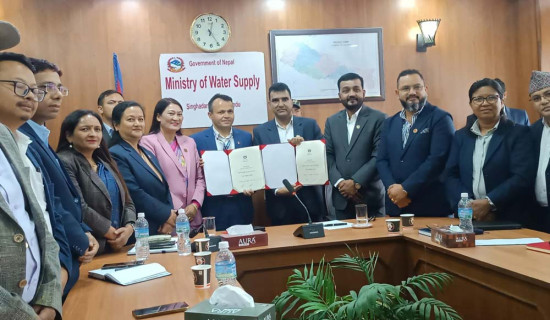- Saturday, 10 May 2025
Dilemma Of Afghan Refugees
With growing wars, political instability and persecution, the number of refugees has gone up significantly. However, the ever-evolving geopolitical scenario and financial burden have made many countries reluctant to accept them. Pakistan’s decision to remove Afghan refugees has once again brought up this issue. The arrival of Afghan refugees in Pakistan has continued over the years of political turbulence and the 2021 Taliban takeover in Afghanistan. Many Afghans are well-established in Pakistan, running their own businesses and even getting married to Pakistanis.
Despite the welcoming, it cannot be denied that the arrival of refugees has posed an issue for the host country in terms of education, health and public services. Pakistan’s sluggish economic growth struggles to balance the needs of its citizens with those of migrants. Amidst these situations, the government decided to deport the Afghan refugees who are not well-documented. Besides the socio-economic difficulty of welcoming refugees, Pakistan cites the escalating armed attacks as a key reason. It blames armed groups and Afghan nationals behind an increased number of attacks in the country.
It is reported that since the beginning of April, nearly 60,000 refugees have moved back into Afghanistan. A total of 3 million refugees are facing deportation in Pakistan. Pakistan had initially asked those refugees, without proper documentation, to return home voluntarily by March 31, else face deportation. Then, the authorities announced the cancellation of 800,000 Afghan Citizen Cards issued by the country itself. It is said that there are more refugees than the Pakistani government has been able to recognise.
The country is not a party to the United Nations Refugee Convention of 1951 and also does not have any domestic law to protect refugees. This makes the principle of non-refoulement, i.e., forbidding a country from returning its refugees, inapplicable to the country. The current government under the Taliban has decided to repatriate its citizens by forming a special commission to facilitate the process. However, some refugees are human rights activists, journalists, etc. and they fear getting persecuted if they return. So, many refugees are now on the horns of a dilemma created by these difficult situations.
The refugee settlement process is in limbo with decisions like that of the United States to cancel its Refugee Admissions Programme. The international community should carry the shared responsibility of managing the refugees and providing them with the required asylum. International organisations like the UNHCR are unable to do anything without the support of countries. Therefore, it should be proactive in its efforts to negotiate with countries and request them to take up refugees.
As the refugee issue is a global challenge today, it requires concerted efforts and cooperation between countries. Currently, only a small number of countries accept refugees and this proportion is decreasing. Wealthier and highly developed countries should make use of diplomatic pressure to change the situation in countries where there is instability. Burdening only one country is not a solution and the approach should be that of sympathy, humanity and respect for human rights. The Afghan refugee crisis should be a matter of deeper discourse and should not be left as it is currently being handled.

















